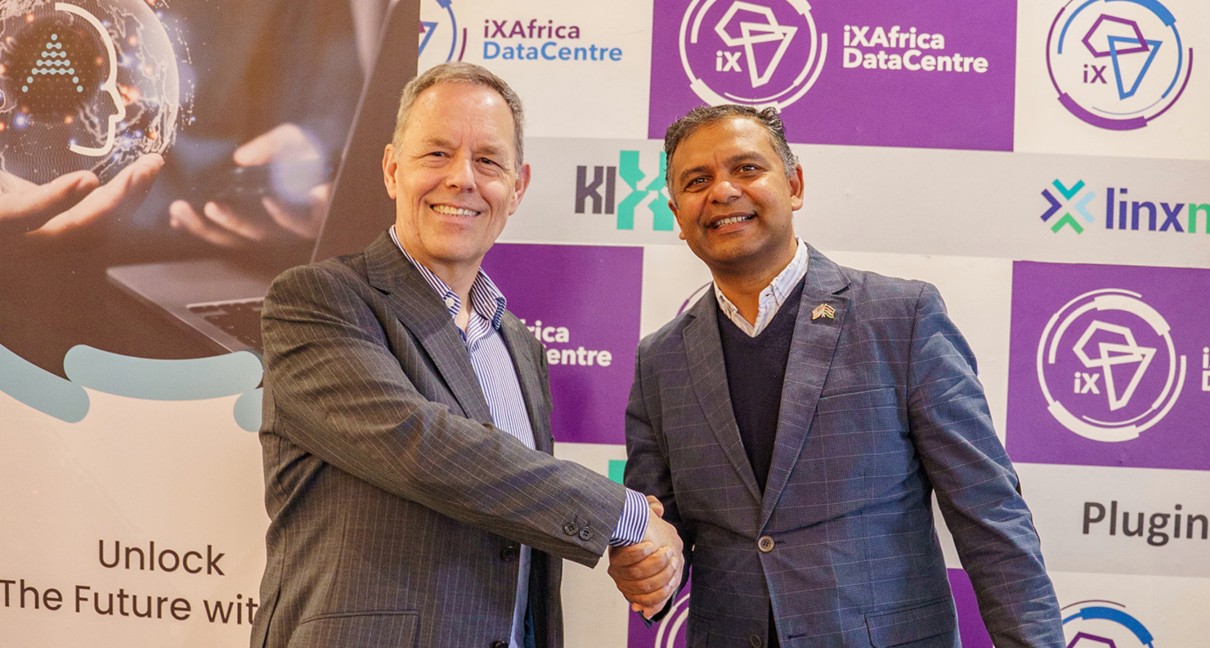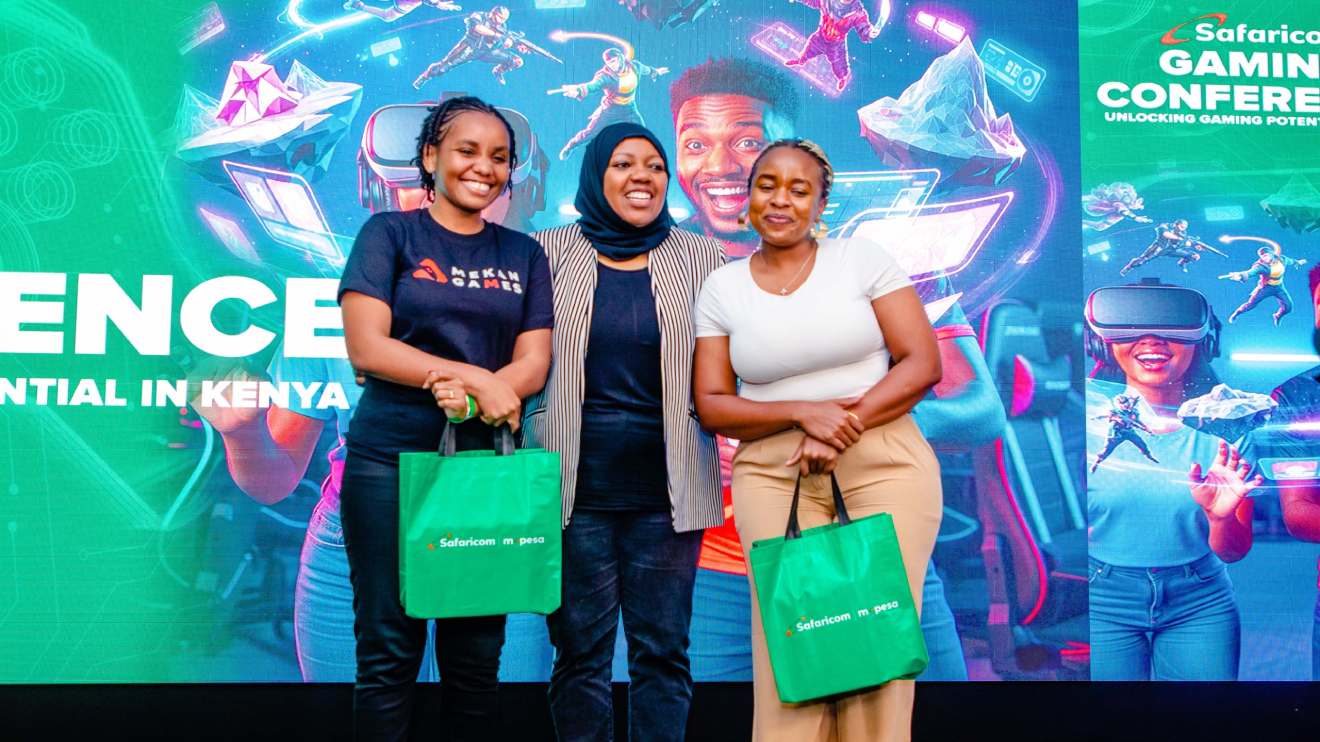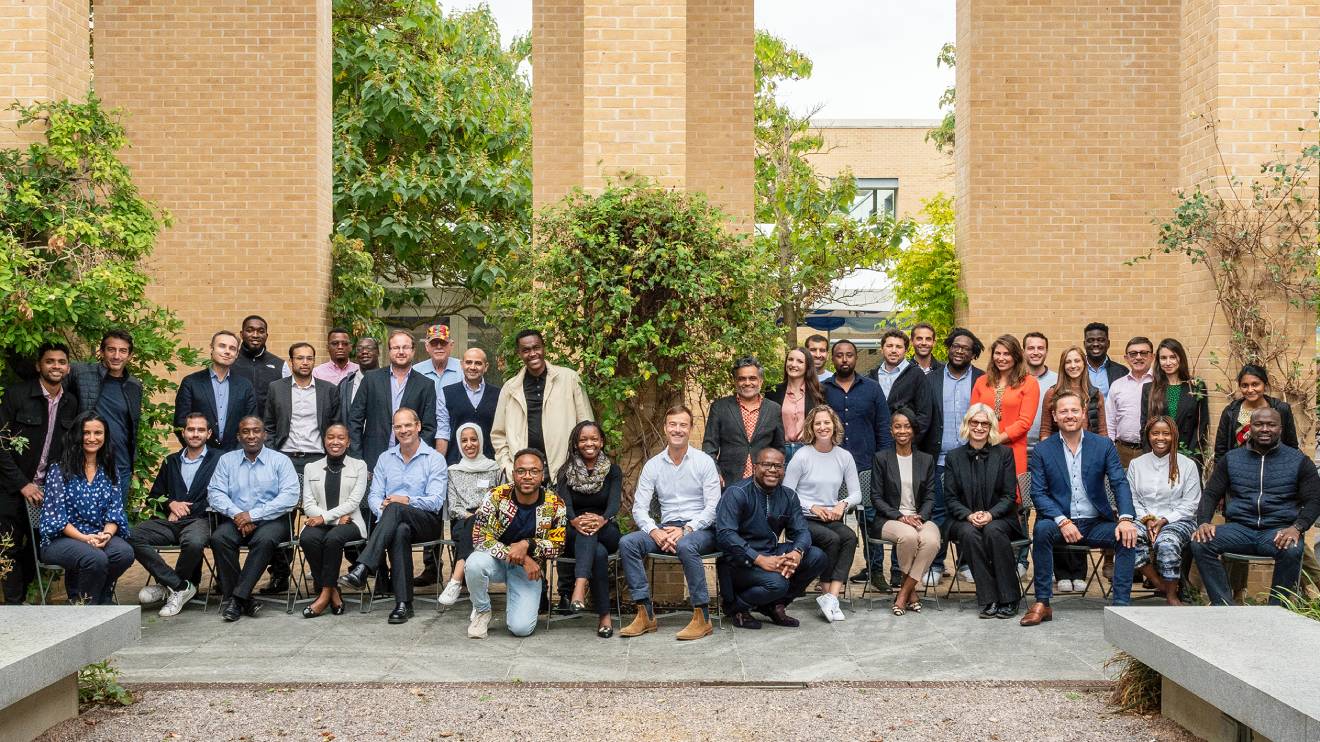Three bold ideas took centre stage at Jacob's Ladder Africa’s Greenlabs Demo Day on Thursday, as visionary young entrepreneurs competed to showcase how renewable energy can transform food systems in East Africa.
The event, held at the conclusion of the Powering Food Systems Innovation Challenge, celebrated creativity, sustainability, and the drive to solve pressing environmental challenges.
Urbanus Lubano of Empire Innovations claimed the top prize of Sh200,000 with his groundbreaking renewable energy-powered agricultural machinery, designed to enhance sustainability in farming.
Solar Nest, an ingenious poultry farming solution created by Alfred Mutethia, Steven Mwaura, and Victor Gituma, secured second place with a prize of Sh100,000.
Bettinah Maruti, representing iLoop KE and Logistics, took third place for her practical innovation addressing food spoilage and storage issues in low-income areas, receiving Sh50,000.
The challenge attracted participants from across 18 Kenyan counties, including Turkana, Kisii, and Nairobi.
These young innovators pushed the boundaries of possibility, creating solutions like Solar Compost IT, which turns organic waste into bio-fertilizers and pellets in record time, and TEAtrans, a solar-powered ventilated container preserving tea leaves immediately after harvest.
Karen Chelang’at, Chief Innovation Officer at Jacob's Ladder Africa, noted the programme’s broader goal of tackling youth unemployment by equipping entrepreneurs with critical skills. Reflecting on the high failure rate of start-ups, she stated,
“Youth unemployment is an issue that Jacob’s Ladder Africa seeks to address by creating opportunities for and by the youth, through the incubation programme,” Chelang’at stated.
“Many start-ups fail within their first two years due to weak foundations and a lack of essential skills and resources. We aim to curb start-up mortality by addressing these exact challenges.”
In preparation for Demo Day, the finalists participated in an intense incubation program, receiving mentorship, training, and resources to refine their projects.
A distinguished panel of judges, including Luiza Munyua of the African Union and Bilha Ndirangu of Great Carbon Valley, evaluated the finalists on innovation, scalability, and impact, particularly focusing on benefits to women and youth.
In addition to the monetary awards, all finalists earned a place in Jacob's Ladder Africa’s nine-month Greenlabs program.
This initiative provides green entrepreneurship training, mentorship, and networking opportunities, enabling participants to develop their concepts into fully operational ventures.
By empowering youth to tackle real-world problems through sustainable innovation, Jacob's Ladder Africa reinforces its commitment to driving change in Africa.
The Demo Day was not merely a competition—it was a glimpse into a greener, more resilient future shaped by the continent’s brightest minds.

-1737796722.jpeg)










